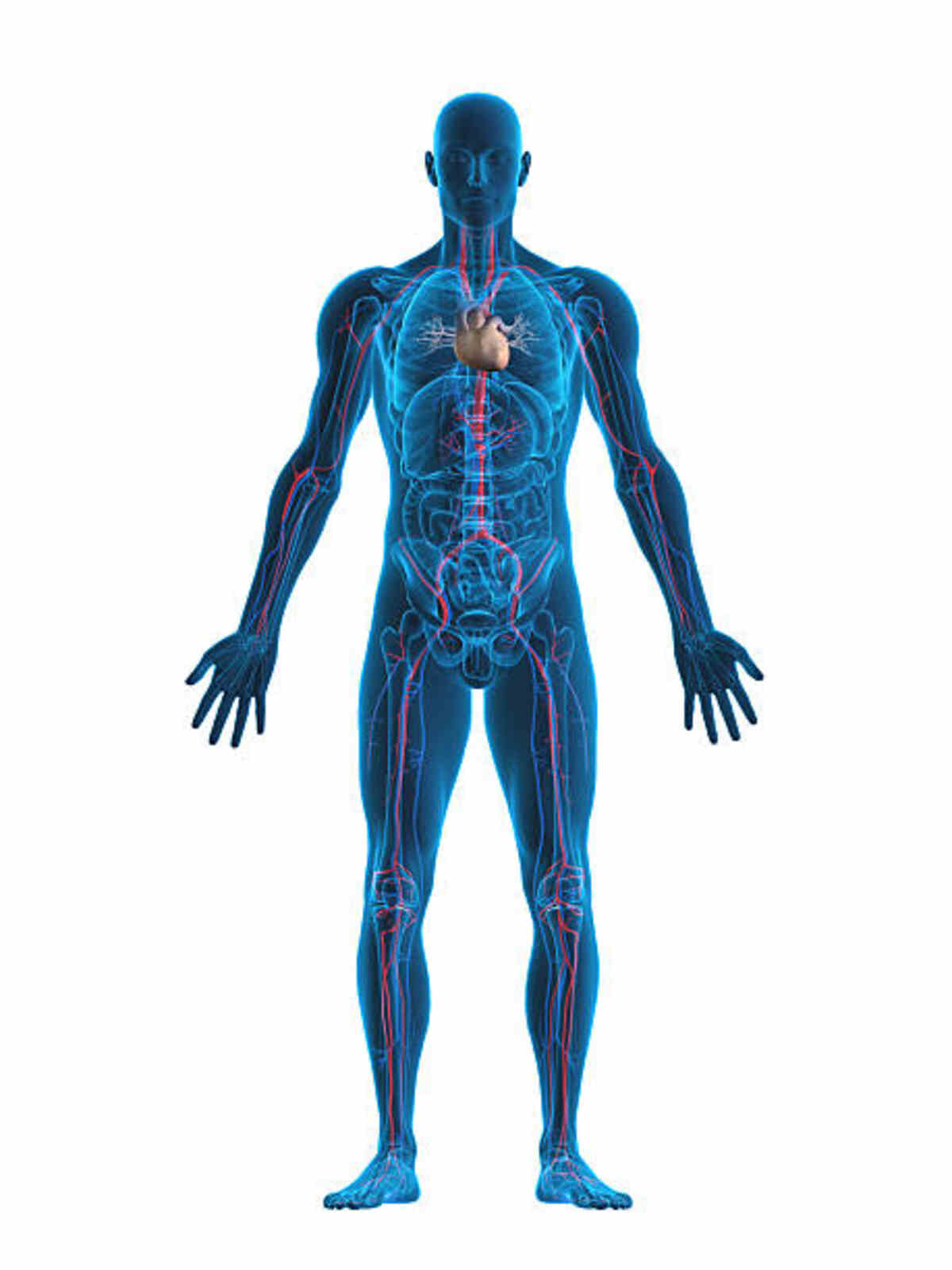Physiology is a subdiscipline of biology that studies organisms and organ systems’ processes to maintain health and function. It also focuses on individual organs, cells, and biomolecules. There are many applications for physiology in daily life. Listed below are some of them:
Physiology
Physiology is a subdiscipline of biology that studies how organisms and organ systems carry out theperformfunctions. It also looks at the individual organs and cells and the biomolecules that make them work. It has many vital applications and can help you understand the biological world. However, it’s not for everyone.
The discipline of physiology covers a wide range of topics, from the development of cells to the causes of disease. It focuses on the mechanisms of disease at a cellular and molecular level. Physiology research is conducted on humans, plants, animals, and bacteria. It also examines the similarities between species to understand the functioning of their systems.
Physiology is an excellent choice for students who enjoy studying biology and chemistry or want to help people. It provides a wide range of career opportunities and allows students to build a broad knowledge base. For example, graduates can work in pharmaceutical companies or public health departments as laboratory technicians or physician assistants.
Applications of physiology
Applied physiology involves advancing the scientific understanding of biological systems and applying it to real-world problems. The field is diverse and encompasses several different fields. Some applications are used in medicine, while others are focused on conservation. These applications include monitoring environmental stress, studying disease dynamics, improving captive breeding, and reducing human-wildlife conflict.
In sports medicine, the application of physiology can improve performance by providing insights into how the human body adapts to physical challenges. It can also help elite athletes avoid injuries and improve their recovery time. The ancients studied anatomy by dissecting animals and performing surgeries, but physiologists used a modern approach to understand how the human body functions.
Origin
Physiology is a branch of physical science that deals with the body’s functioning. Its focus is on the human body, as it’s vital to all aspects of human life. Other specialties within physiology focus on the organs and systems that keep us healthy. While it used to be considered separate from anatomy, these two branches are increasingly entwined and often mentioned together.
In the 19th century, physiology began to develop as a separate branch of science. It utilized chemical, physical, and anatomical methods to study the human body. During this time, scientists, such as Claude Bernard of France, Johann Muller of Germany, and Justus von Liebig of Germany, began to develop new theories on the body’s functioning. These breakthroughs led to the development of concepts such as homeostasis, which became one of the foundations of modern physiology.
Scope
The scope of physiology encompasses the study of the functions of different body systems. The field has a long history in medicine, and physiologists are involved in clinical and population-level studies of health and disease. In addition to studying disease processes, the discipline is essential in developing biomedical interventions.
To understand the body systems, physiologists must examine the functions of many cells, which results in the coordination of physiological processes. This is done by understanding the cellular regulatory systems regulating multiple functions in different organs. For example, cells regulate their activities based on the needs of their surroundings, such as food and water.
Physiology is divided into different disciplines, including experimental, clinical, and translational. While clinical physiology studies specific groups of patients, translational physiology studies physiological processes from the molecular to population levels. These studies apply to public health and have the potential to influence health policy.
Career options
If you’re considering a career in physiology, many options are available. Careers in physiology range from clinical research to teaching and management. With the increasing level of pollution in the environment, there are many job opportunities available to those with a degree in physiology. Additionally, if many schools offer physiology majors, you’re interested in studying this field, and physiology graduates can pursue various exciting career paths besides working in hospitals. For example, they can work as lab technicians in public health departments or pharmaceutical companies. They can also work in agricultural or food science research.

